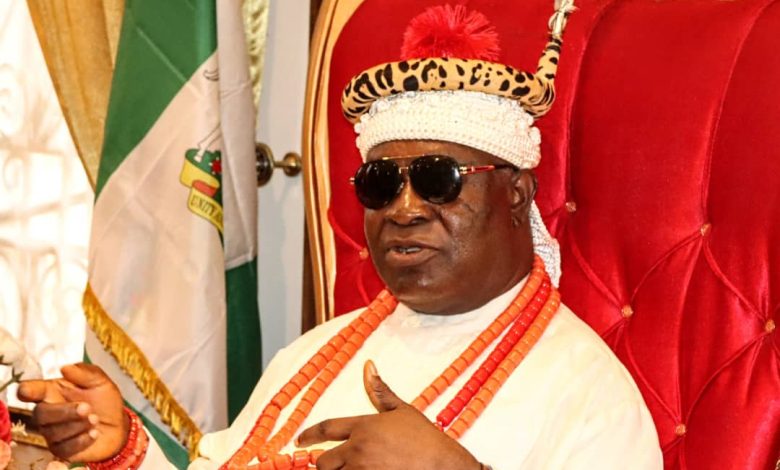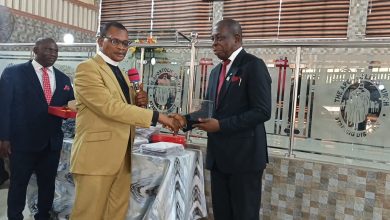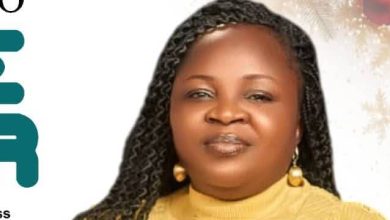
Oku Ibom Ibibio and President General of Akwa Ibom State Supreme Council of Traditional Rulers, His Eminence, Ntenyin (Dr.) Solomon Daniel Etuk, JP, CFR, has advised bereaved families against prolonged embalmment of corpses due to financial constraints to hold burials.
Ntenyin Etuk, who spoke in an interview in Uyo at the weekend, expressed concern over the growing trend of delaying burials, particularly in rural areas, which has raised serious detrimental issues.
According to the premier monarch, keeping corpses for extended periods in government or private mortuaries often incurs substantial costs, leading some families to abandon their loved ones in mortuaries altogether.
He noted that more disturbing is a situation where some deceased families resort to preserving bodies at home or in medically uncertified mortuaries with inadequate embalming processes, thereby posing significant health risks to people within their vicinity or the community as a whole.
“We have reports of dead bodies sometimes being kept by their families at home for up to three years or more, where the corpses decompose to the point of resembling dried wood. This is despicable. We have to accord due respect to the dead by conducting burials as soon as possible,” he emphasised.
Ntenyin Etuk cautioned against burdening families with extravagant burial ceremonies that exceed their financial means, urging them not to sell off family assets to fund costly funerals, which could lead to further economic hardship on them.
Read Also: Oku Ibom Ibibio Seeks Dispassionate Action Against Deforestation
He pointed out that while some churches set timelines within which burials should be conducted, others give the families the right to choose when they are ready, but advised that delays should be minimised, especially when there are insufficient resources to sustain prolonged funerals.
The Ibibio patriarch called on leadership at the family and village levels to collaborate with bereaved families, especially those facing financial challenges, to ensure dignified but modest burial arrangements.
He condemned the unwholesome practice where excessive demands are imposed by some families before allowing a deceased to be buried in their communities and also frowned at the uncharitable demands over female corpses by her family of origin for the children and husband to pay, something akin to seeking a “pound of flesh” before her burial is allowed.
Furthermore, Ntenyin Etuk encouraged churches to take an active interest in the welfare of their members, even after they pass away, by assisting bereaved families in organising timely funerals. He also praised churches that are already extending such support to their congregants.




